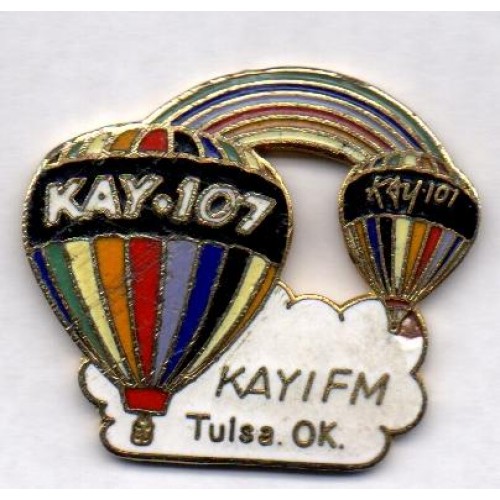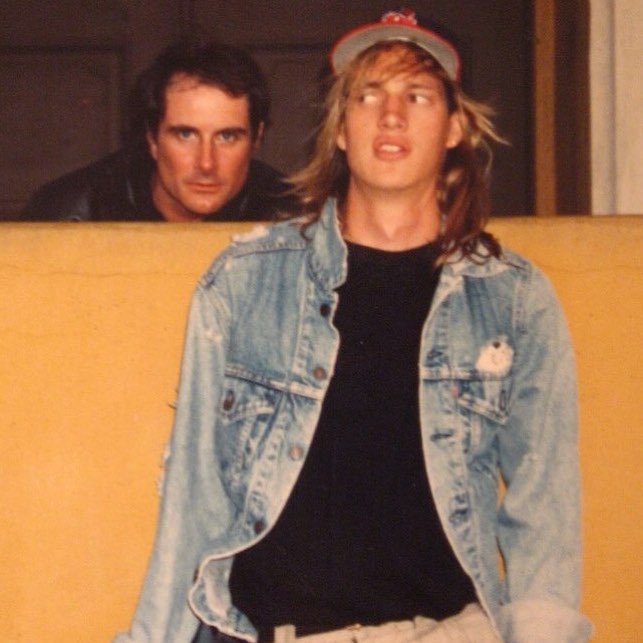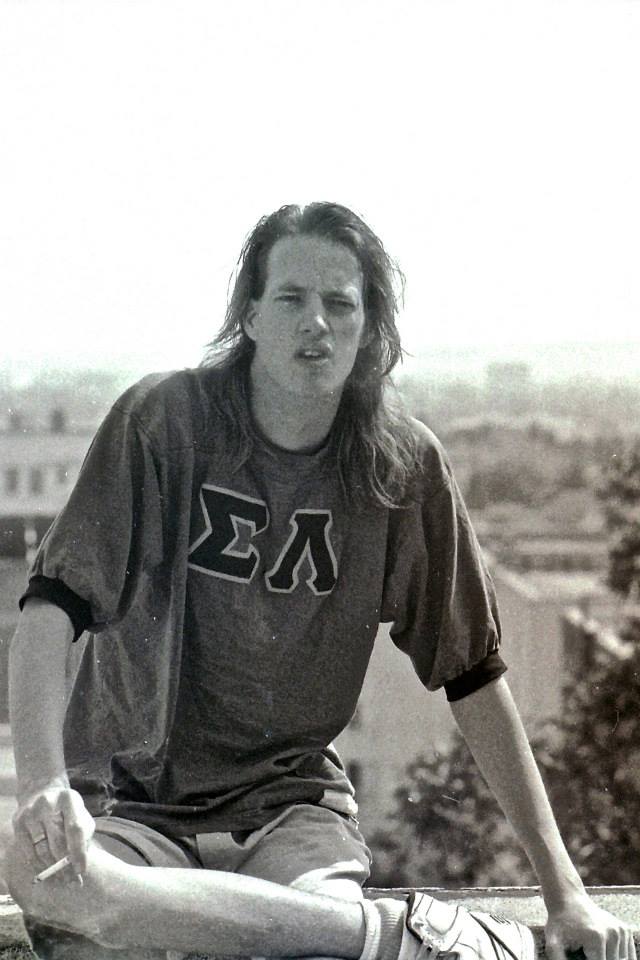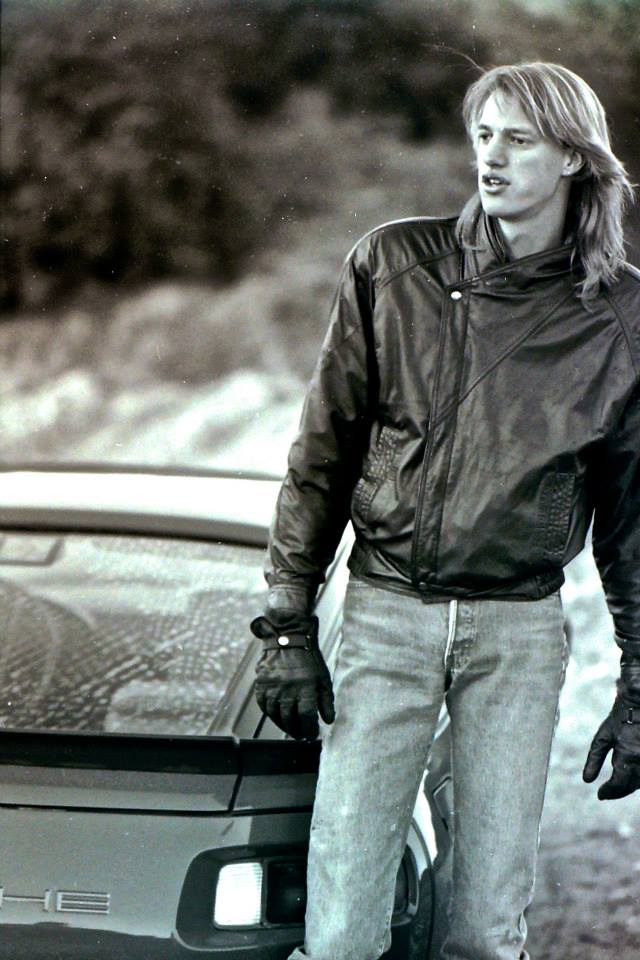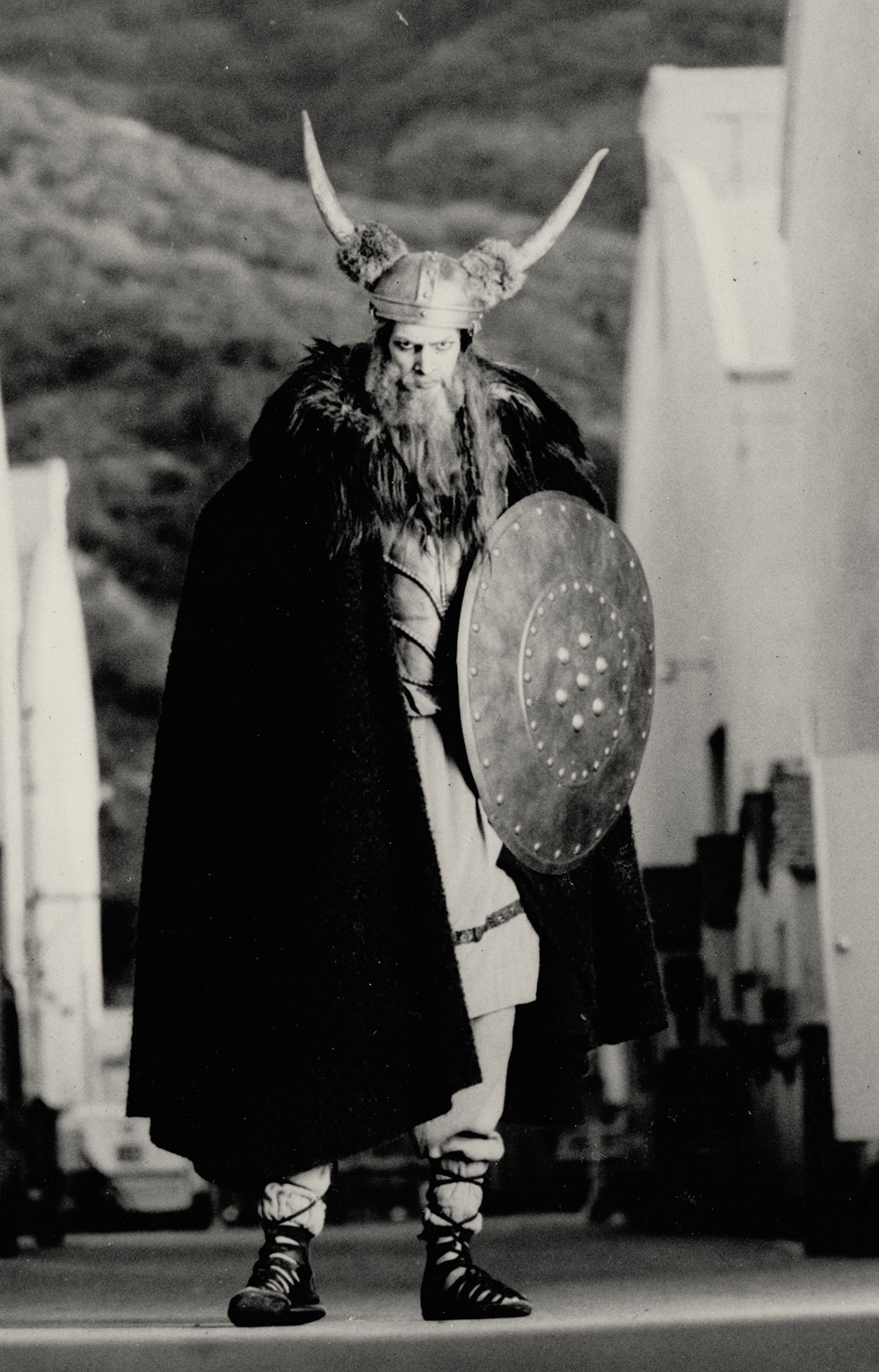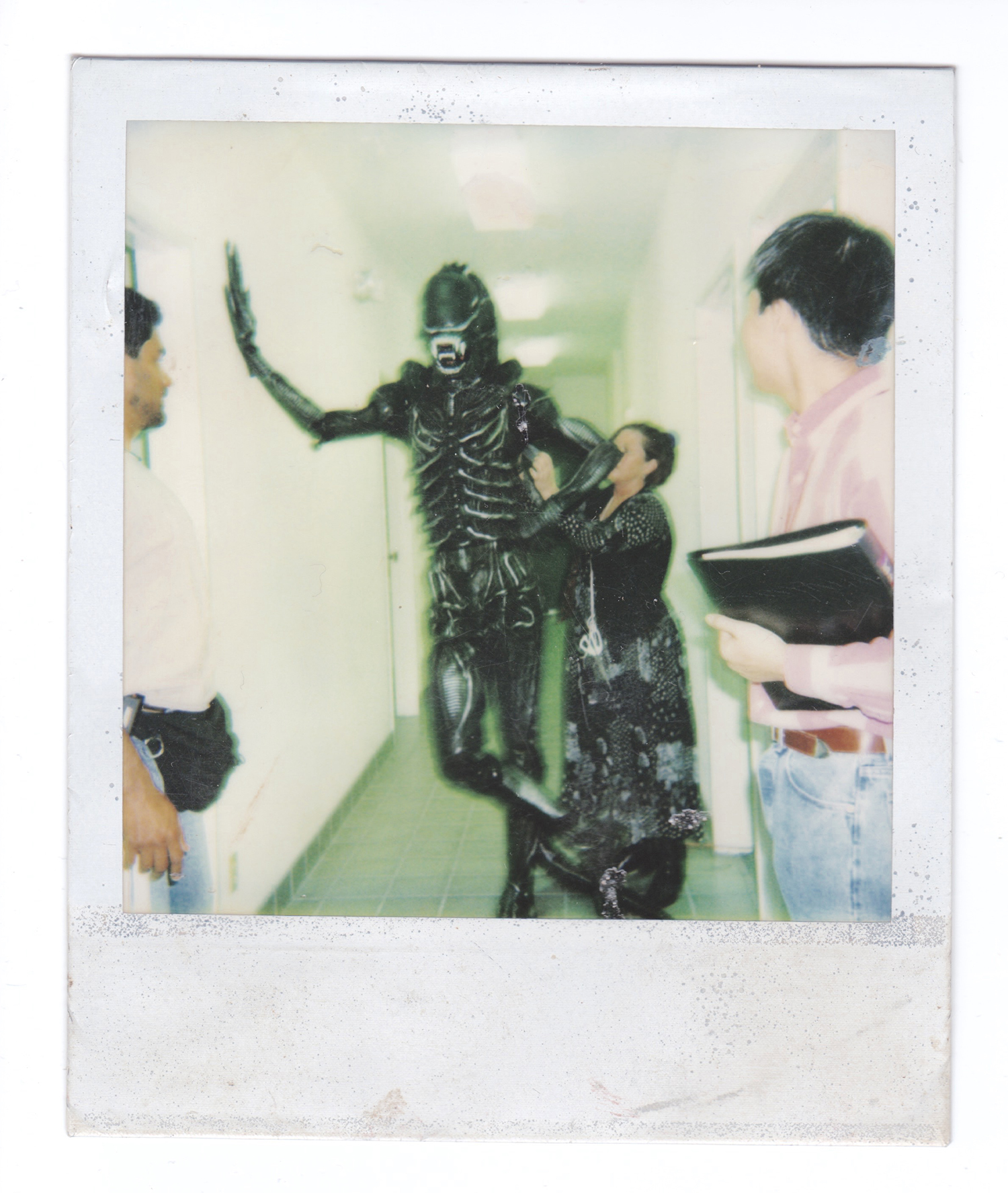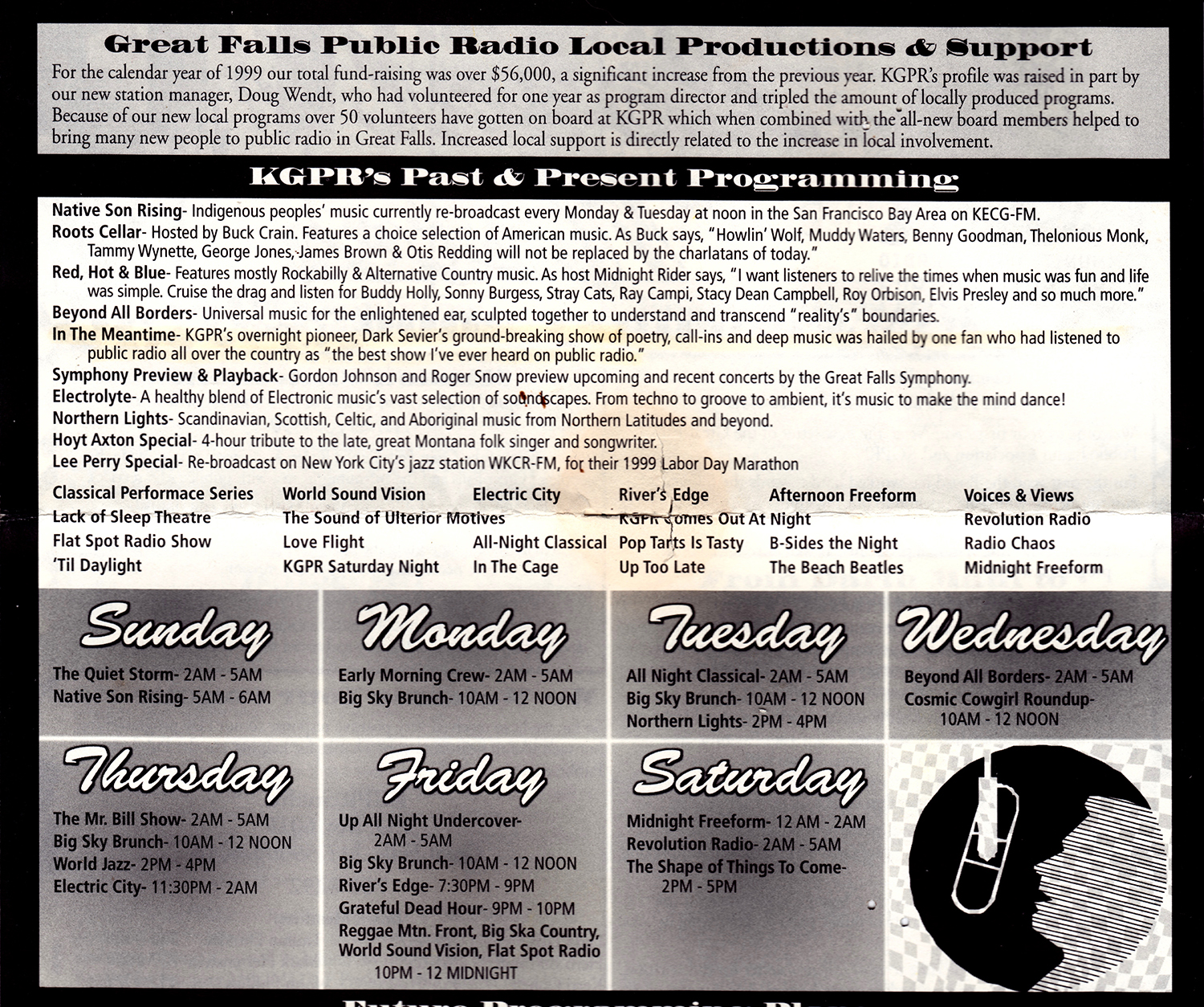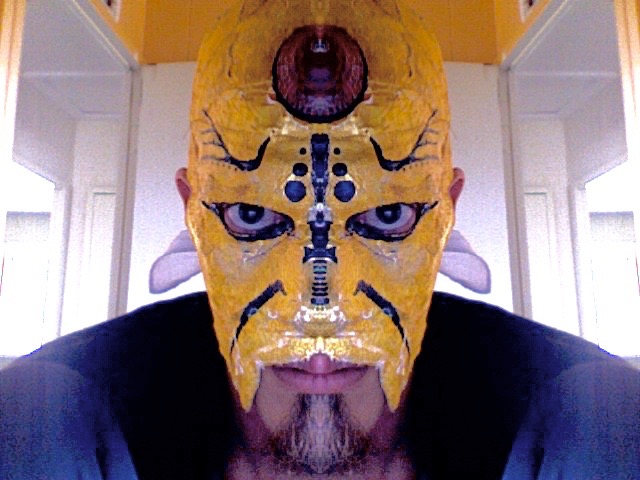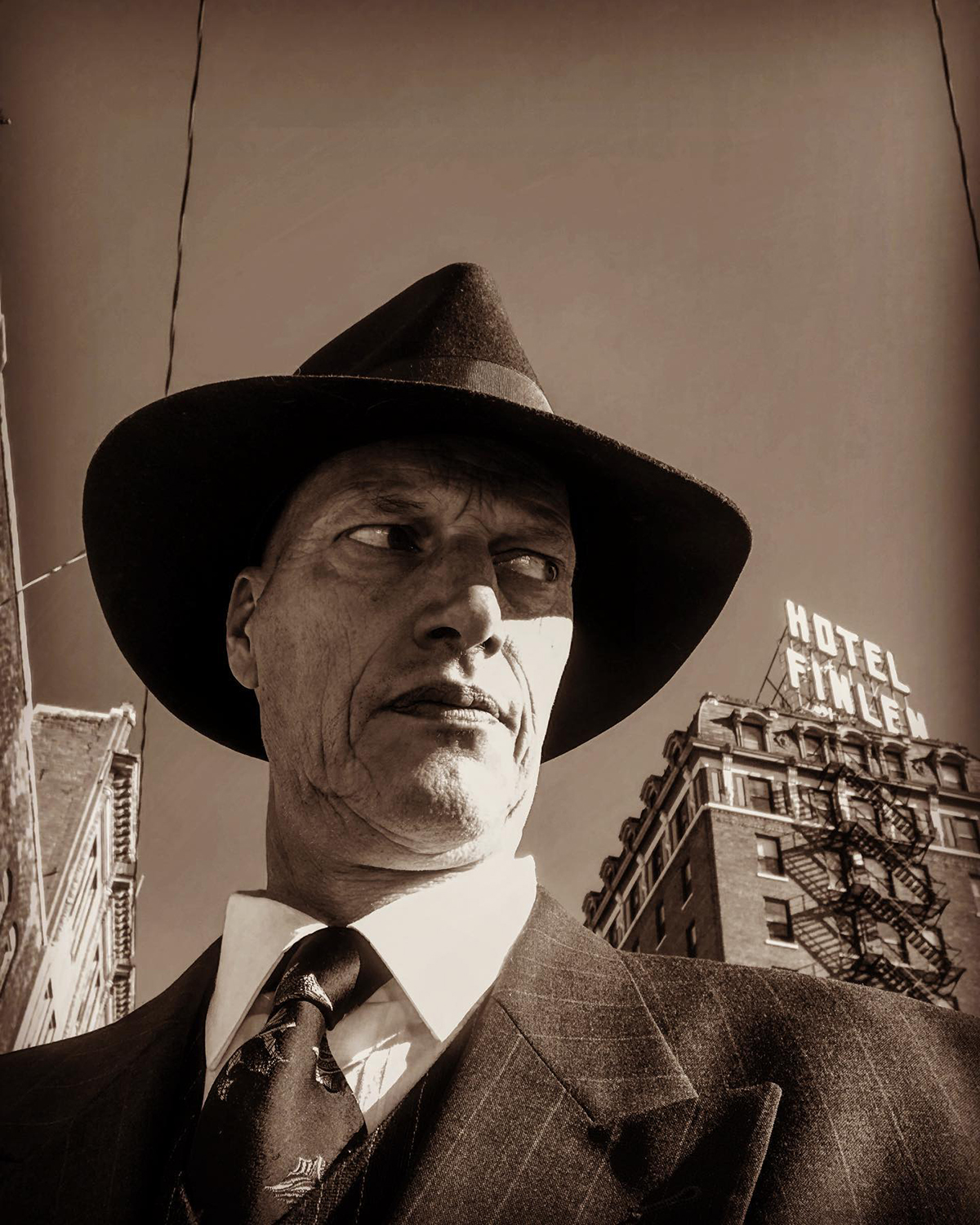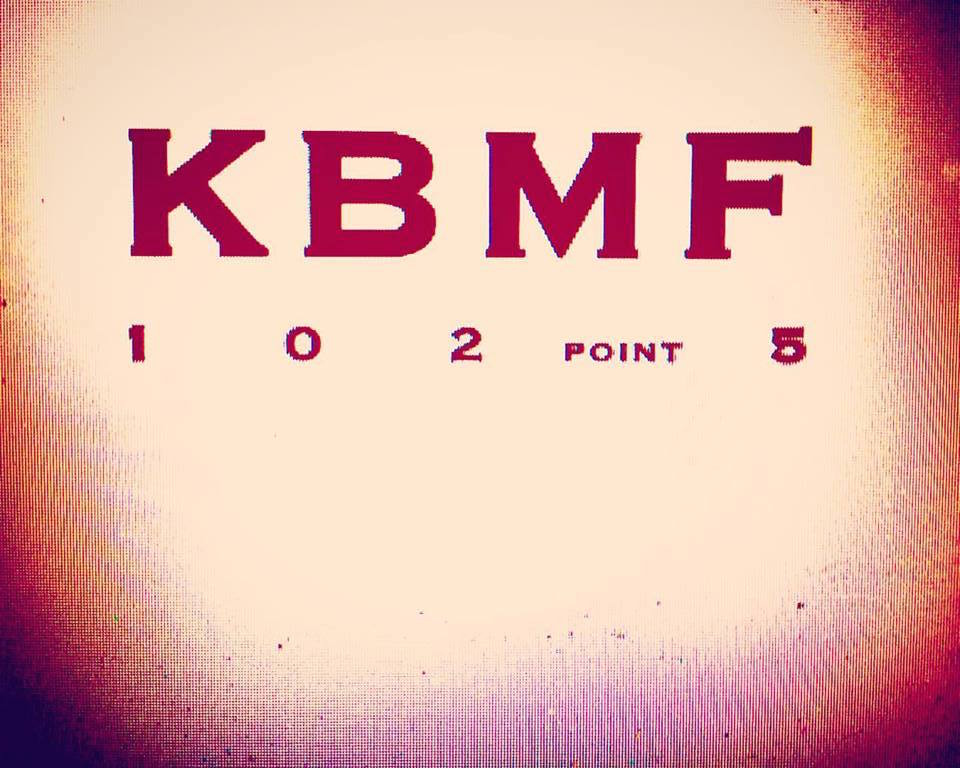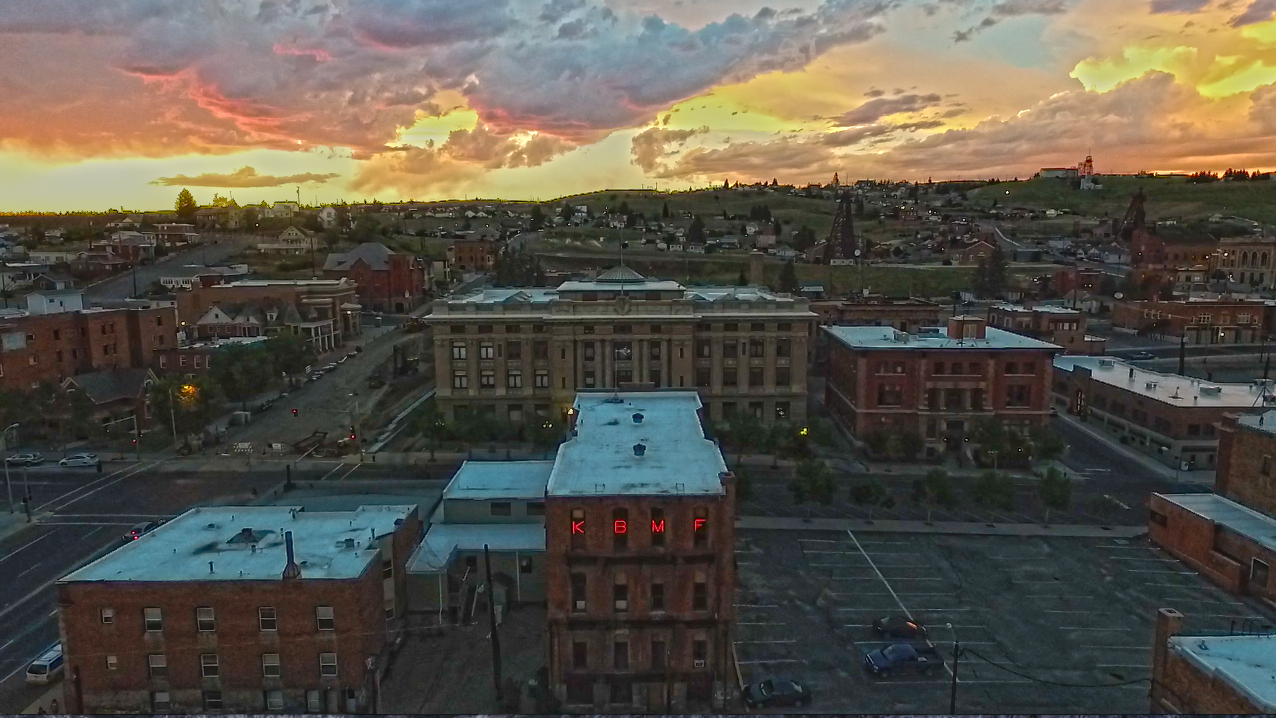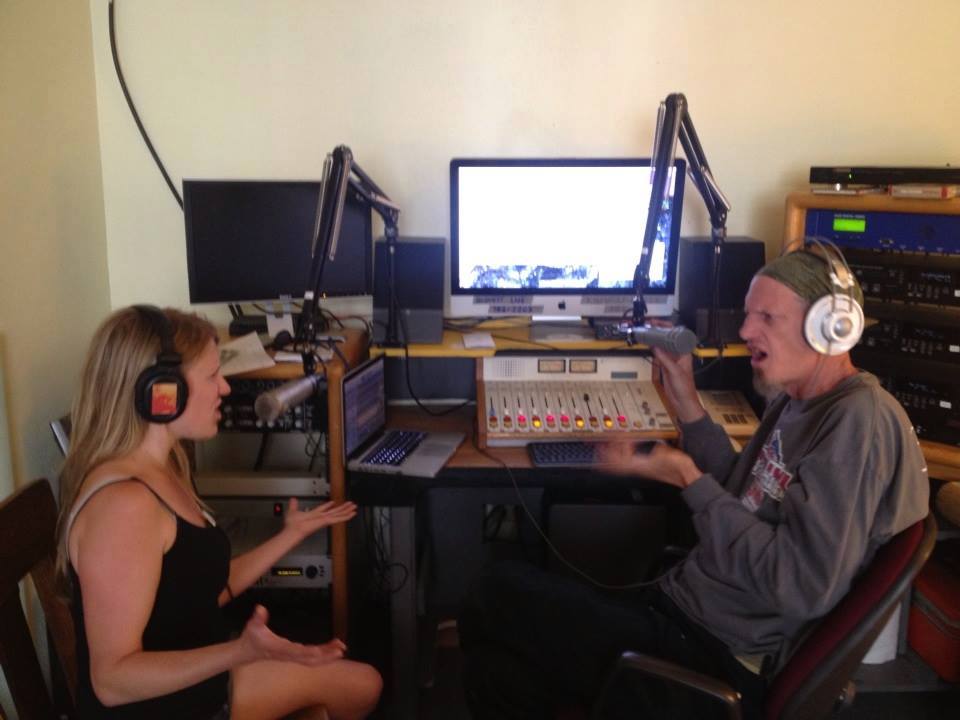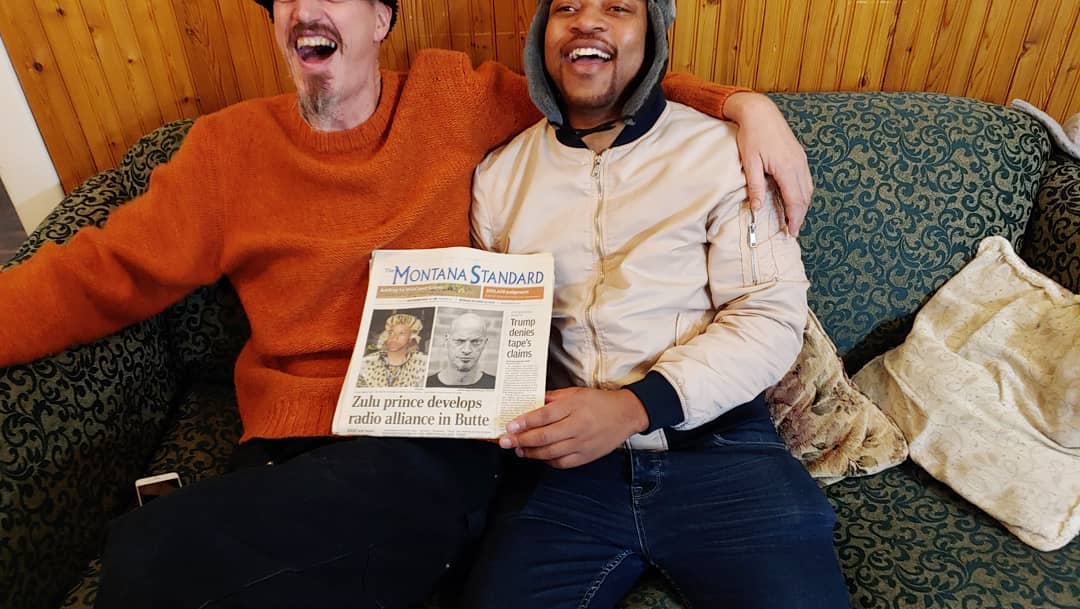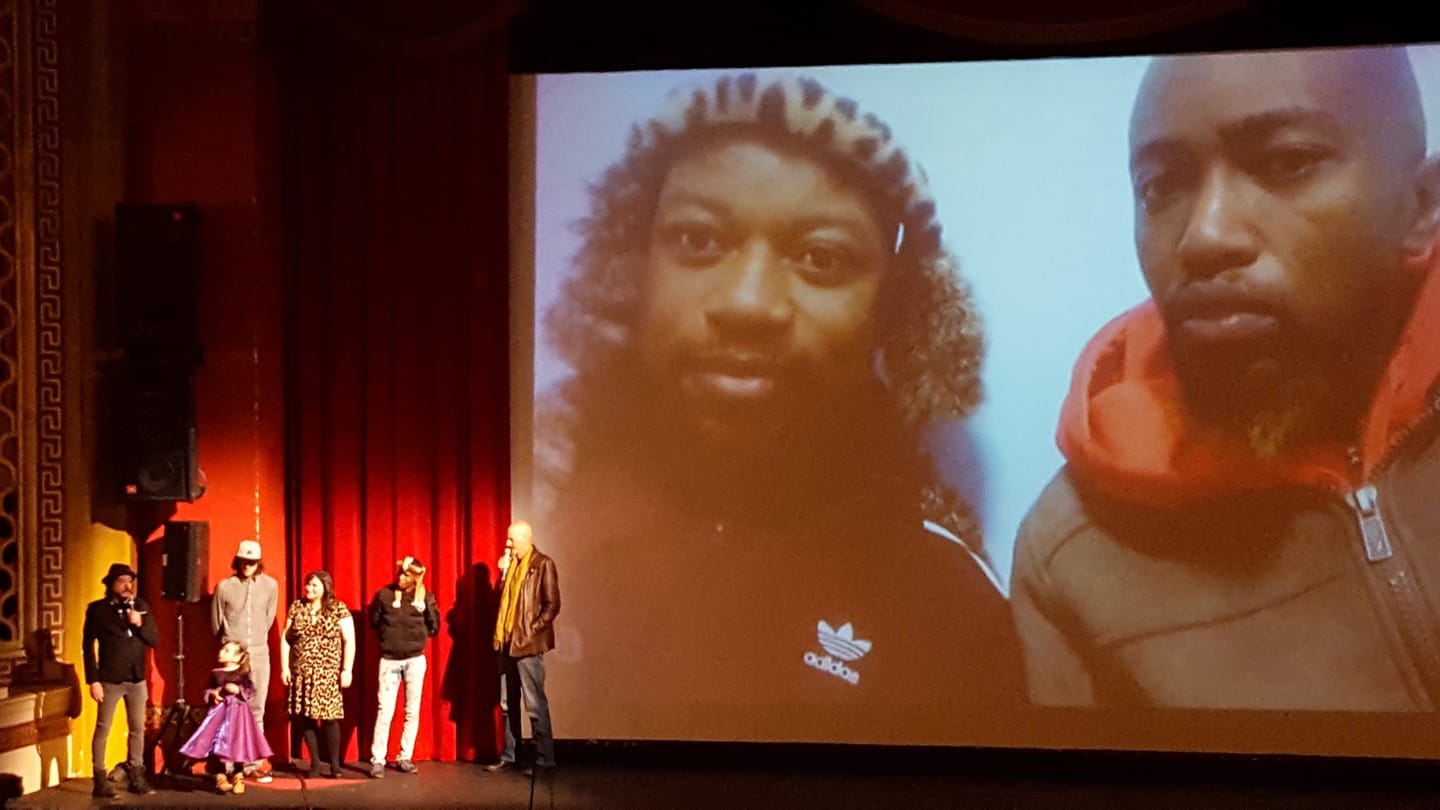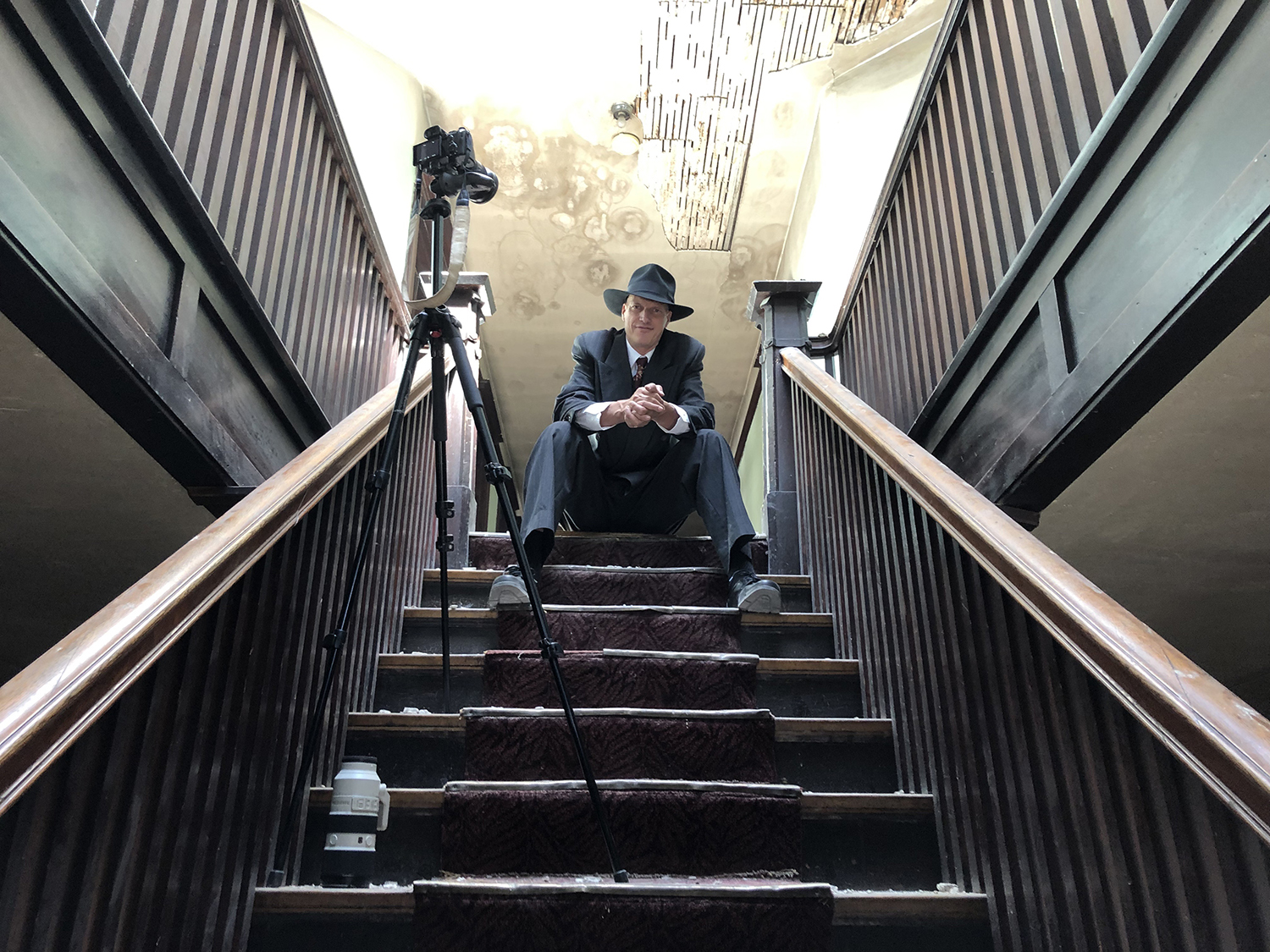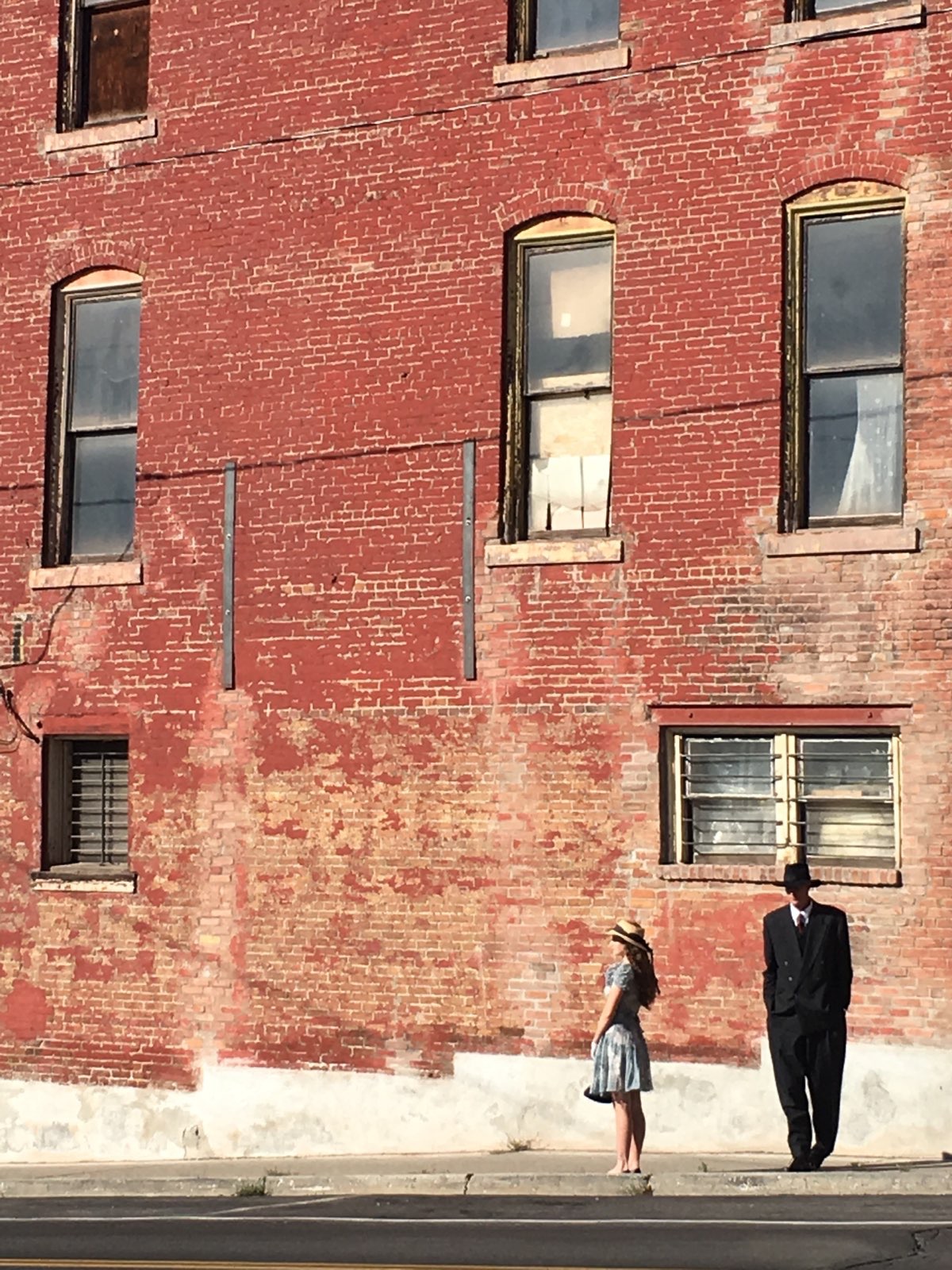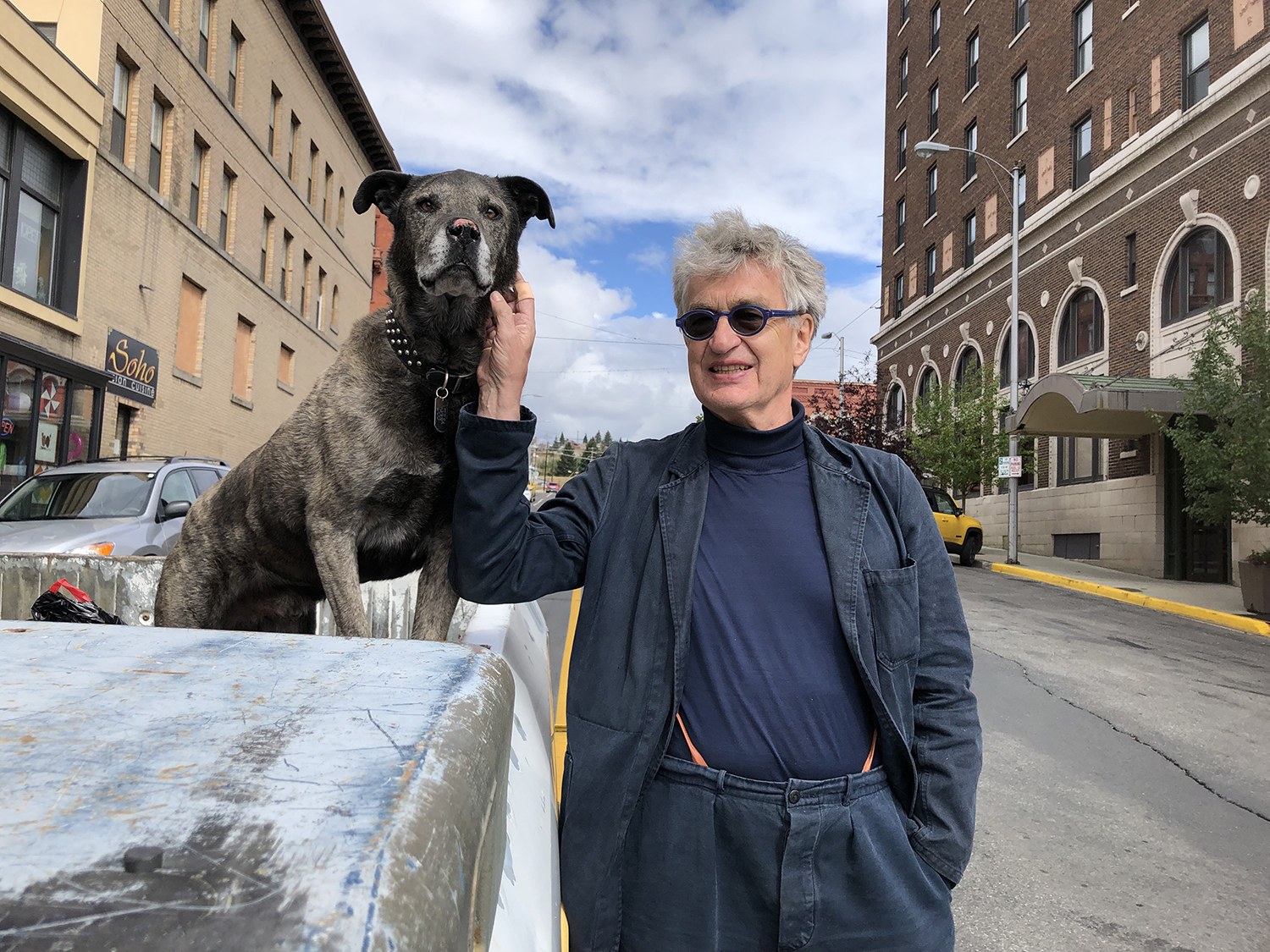King of the World
The King of the World was an improvisational, one night only, event conceived by playwright and poet See Elauri. The event took place at Studio One in the Chinatown Arts District of Honolulu. Studio One had a large windowed gallery space, a bar, and a cavernous performance space with a stage. During a First Friday Art Walk, a dozen or so knowing participants took on roles and decided on a premise: I was the King of the World, and there was a gathering of my followers, where I would reveal the Meaning of Life.
There were several music and performance poetry acts planned to perform on the stage that night. The Improv performance troupe would serve as door people, hype on the sidewalk to draw people in, and segue acts during band breakdowns and set-ups.
As King of the World I took stage between acts and spoke cryptic prose that my “followers” would all react to as deeply profound statements. The Meaning of Life was dangled out as a carrot on a stick, to be revealed later, maybe after the next band…
The followers painted symbols on their faces, and on the faces of the willing folks that had come in for the show. As the evening progressed the small group of participants, as followers of the King, grew rapidly, and invented hand signals to respond to the declarations of the King and to address each other. After each band, the dance floor instantly flipped to a gathering of those with symbols on their faces pooled tight close to the front of the stage, on their knees, and eager for the King to speak again.
One walk-in took on the role of devil’s advocate, accepting the premise of the performance, but challenging the King’s message, and condemning the followers for being in a cult. Later in the evening, another walk-in joined in with the others on their knees and listened earnestly to the King. After participating in a few of the improvised rituals, this participant suddenly rose in defiance of the King and declared that he was blasphemous, that this entire gathering was evil, and that we would pay dearly for it, then stormed out of the building, not to return.
“Now, please welcome to the stage, slam poet Kealoha.”
In between acts, the King sat on a throne in the back of the room accompanied by his Sergeant At Arms, Nitai Bishop. His followers pulled in audience members to come and hear the Meaning of Life from the King, which could only be conveyed one on one. A line formed in front of the throne. Each person would ask the King what the Meaning of Life was, and he would whisper to them that it was solely up to them to determine for themselves. Then he would ask them to act as though he had given them a great revelation as they left, which many did. One woman was highly agitated for the answer when she got to the front of the line. She asked the question, and the King gave her the answer, but she did not accept it, and became angry that he was denying her the Meaning of Life. She started digging in her purse and said that she only had a few dollars on her, but that she had a checkbook and asked how much I wanted. The Sergeant At Arms took control and led her away to explain that this was all an act, but she was convinced that calling it an act was just a ruse to keep her from the truth. It is normal for me to be nervous before taking the stage. This was the first time that I was nervous after leaving it.


